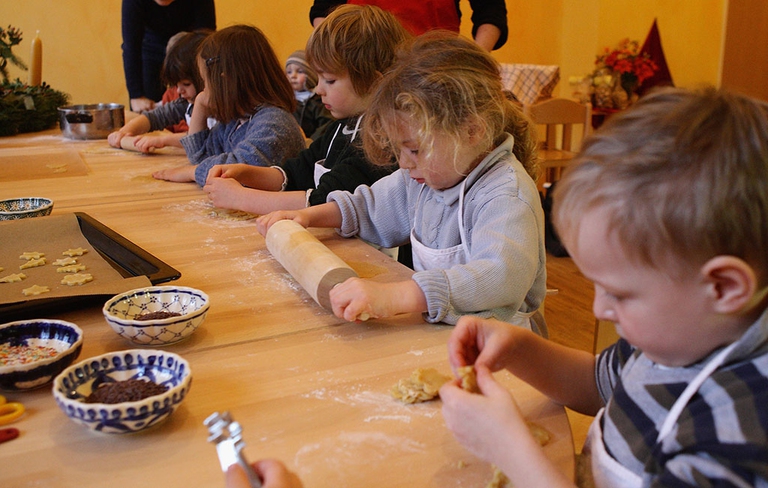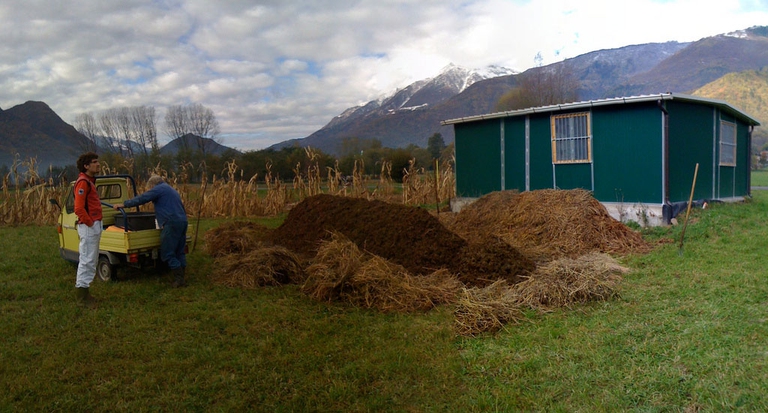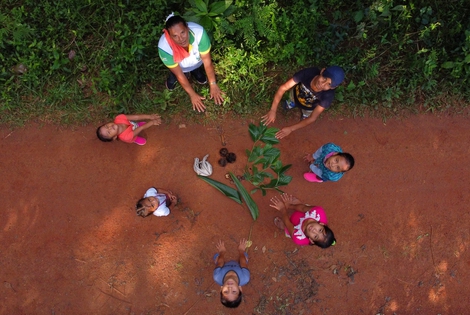
Promoting reforestation and teaching young people about conservation: this is how Benard Kioko Ndaka is fighting the shock to our climate systems.
Rudolf Steiner, the founder of Waldorf education and the inspiration behind biodynamic agriculture was born in 1861, in Kraljevic, present Croatia. Philosopher, educator and social reformer, Steiner attended the Vienna Institute on Technology, where he studied physics, a subject that influenced his way of thinking. His belief that the observation method utilised by
Rudolf Steiner, the founder of Waldorf education and the inspiration behind biodynamic agriculture was born in 1861, in Kraljevic, present Croatia.
Philosopher, educator and social reformer, Steiner attended the Vienna Institute on Technology, where he studied physics, a subject that influenced his way of thinking. His belief that the observation method utilised by modern science would have led to considering nature without its vital essence, encouraged Steiner to study Goethe’s scientific writings and to theorise a new way of thinking in between nature and spirit, the so-called anthroposophy, men’s wisdom. In 1902 Steiner publicly declared that he wanted to find new methods to study the soul on a scientific base.
With regard to the anthroposophical society, Steiner established the Waldorf education approach, based on a method that doesn’t allow superficial education, student’s personality development depending on their age as well as failures, but that encourages self-education and teachers’ self-management.
https://www.youtube.com/watch?v=l9eEqomugWo
Rudolf Steiner’s thinking influenced medicine, architecture and biodynamic farming practices. In the last years of his life, the philosopher devoted himself to agriculture and he tried to reconcile his anthroposophical vision with food production through a number of activities, such as observing moon phases and composting, an essential practice to respect an ever-changing ecosystem generated by soil and life.
The scientific origin of biodynamic practices is linked to the concept of vital energy and systems that the mainstream science cannot decipher, for example sowing solutions obtained from the mixture of manure and quartz powder. According to Steiner’s supporters, biodynamic practices are used to protect the richness of soil and plant life, as well as providing better and healthier products, completely free of harmful substances.
Rudolf Steiner’s contribution to agriculture was that of raising awareness to help nature to evolve, that’s why Steiner’s farming practices encourage farmers to respect the sensible, super-sensible and cosmic worlds. Steiner himself said that life comes from the whole world and not just from the one that gives us the soil, that’s why biodynamics follows Steiner’s spiritual scientific principle of anthroposophy to tackle the problems of the lack of fertile soil, the reduction of plant germinating periods and the quality of food.
Siamo anche su WhatsApp. Segui il canale ufficiale LifeGate per restare aggiornata, aggiornato sulle ultime notizie e sulle nostre attività.
![]()
Quest'opera è distribuita con Licenza Creative Commons Attribuzione - Non commerciale - Non opere derivate 4.0 Internazionale.
Promoting reforestation and teaching young people about conservation: this is how Benard Kioko Ndaka is fighting the shock to our climate systems.
The Amazon became an alternative classroom during the pandemic. Now, the educational forest in Batraja, Bolivia, lives on to teach children and adults the value of nature.
Malala Yousafzai became the youngest-ever Nobel Prize winner for her fight for the right to education. A biography of the ground-breaking Pakistani activist.
Kenya may fail to meet its target of ending female genital mutilation by 2022 as Covid-19 school closures have seen more girls undergo the illegal practice.
The tribes of the Lower Omo Valley in Ethiopia live in close contact with nature and the river they depend on. But their ancestral ways of life are being threatened by the impacts of a mega-dam, climate change and a booming tourism industry.
Education Minister Lorenzo Fioramonti has announced that the topics of climate change and global warming will soon be taught as subjects in Italian schools.
At the dawn of a new era, women in Japan still face old challenges: they’re paid less than men and struggle to scale the professional ladder. How can the impasse be broken?
Eataly World in Bologna is a culinary city in the country of biodiversity, the largest agri-food centre in the world: an Italian food theme park, if you will. Photos from the opening, so you know what to expect.
Roger Federer non è solo il più grande tennista di sempre. Ha dato vita a una fondazione, di cui è anima e testimonial, che lavora sul campo dal 2003.









